Check out our media mention in VitaFoods Digestive Health Report
Natalia Franca Rocha | Mar 22, 2021
The global pandemic has incrementally accelerated interest in gut health, as consumers have become more aware of the interlinkage of their digestive health, immune function and general wellbeing. As awareness levels increase, consumers are also demanding more science-backed products without compromising on accessibility or flavour. This report discusses how the COVID-19 pandemic has impacted the digestive health market, diving into market growth, consumer demands and unique ingredients. We explore market opportunities for synbiotics and psychobiotics, and innovative delivery formats.
Gut health and immunity
Although the connection between gut health and immunity has attracted research for the last two decades, Prof. Francesco Marotta believes this is a theme of constant expansion as novel technologies allow for more overall health and multiorgan involvement related-studies to happen.
Krail shares that researchers are certainly exploring the links between gut health and overall immunity, providing an increased opportunity for brand owners to develop products supporting the gut-immune axis. Ingredients that support immune function boost immune response, dampen allergic responses and inhibit anti-viral activity—all whilst supporting gut health—represent a unique market opportunity. He highlights that fucoidan is one such ingredient, whilst another called out by Ackermann is arabinoxylan plant fibre extract, which promotes healthy gut bacteria growth and a healthy microbiome.
Further, Bongoni sees that research trends in probiotics are taking two directions: personalisation at the individual level, and personalization at the target activity level. Even before COVID-19, probiotic research has been trending towards immunity, inflammation and disease prevention.
Linking digestive health to the concept of personalized products tailored to unique consumer needs, such as immune health, Montgomery says that formulators should remember that strains are not a ‘one size fits all’ solution. As they source a new product strain, they must also consider consumers’ unique lifestyle needs, including how immune function differs depending on age.
Exploring the unique opportunity for synbiotics
Given how popular probiotics and prebiotics are amongst consumers, it is unsurprising that formulators are looking to combine both in the same product to optimise consumers’ experience. However, from the consumer perspective, ‘synbiotics’ is a new and unfamiliar concept making education critical. Even industry partners and researchers need support in interpreting the data that is generated, says Bongoni.
When thinking about the efficacy of synbiotic products, Montgomery says fully efficacious doses of both types of ingredients are critical. “In this case, the probiotic doesn’t need to utilize the prebiotic directly; however, the probiotic can have a specific health effect, and the prebiotic will help indigenous microbiota among other health benefits it brings,” she says. Ackermann adds that “supplying prebiotics and probiotics in tandem is thought to help improve the activity of beneficial microorganisms in the gut and gives the bacteria a better chance of surviving, thus positively impacting the microbiome.”
However, she notes synbiotics present a complex formulation challenge. “To truly be a synbiotic product, the prebiotic presence must improve the probiotic’s survival and ability to colonise in the microbiome,” she says. “Simply combining any prebiotic and probiotic does not necessarily create a true synbiotic. Luckily for manufacturers, there are more prebiotic fibre options available than ever before to utilise.”
Medlin believes this is a great time for the market to capitalise on synbiotic products as the consumer remains confused about the differences and connections between pre- and probiotics. Indeed, Hughes says, “In terms of synbiotics, this is a claim that consumers will not be overly familiar with. It is important not to overestimate consumer awareness of the science behind digestive health products.
“Whilst awareness of prebiotics is growing, consumers are less aware of the benefits of these ingredients (even less so when it comes to postbiotics) and will more likely to be motivated by probiotic claims on general everyday food and drink products, as opposed to seeking out claims around prebiotics or products labelled as synbiotics. If this market is to grow, more needs to be done towards educating consumers.”
Digestive health, psychobiotics and mental health
According to Hughes, psychobiotics will strongly appeal to consumers as they recognise the interconnection between brain, gut and immune health. He says, “In recent years, consumers have been more attentive to brain health and its link with the wider body. In an era of uncertainty when consumers have an array of worries and regularly feel stressed, they want products that help protect the brain, especially if such products communicate credibly and transparently the additional benefits of such products.”
Ackermann notes that the microbiome was only fully mapped a few years ago, and scientists are continuing to learn more about how the gut microbiome can affect brain health. This connection, known as the gut-brain axis, could lead to more insights into how tweaking the microbiome could prevent or treat cognitive and autoimmune diseases. Investing in clinical trials is pivotal to better understanding this link.
As consumers become more aware of the microbiota-gut-brain axis, increased demand for more individualize brain health products is expected, Montgomery shares. In fact, she cited research from Innova Market Insights3 showing a 34% growth of probiotics for boosting mood in the last five years worldwide.
She adds that formulators can consider pairing psychobiotics with natural compounds, such as ashwagandha and L-theanine, to help consumers manage stress. This allows formulators to develop new probiotic blends that stand out on the shelves while assisting consumers cultivating a sense of calm.
Dr Michael Baumann, global strategic marketing manager for dietary supplements at IFF, further adds that “driven by the pandemic, stress management and sleep support are two categories that have gained significantly greater attention from consumers in 2020. Consequently, brand owners have put more emphasis on those health claims.”
He cited a NutraIngredients survey4, showing 72% of dietary supplement manufacturers ranked stress management claims as very important, followed by 55% saying the same for sleep support claims.
According to Hughes, consumers are suffering from a variety of mental wellbeing problems. Already well established before 2019, these problems have been intensified by COVID-19 and high levels of uncertainty. He adds: “More than four in ten consumers have become more conscious about their mental wellbeing in the last twelve months, whilst the proportion of consumers who say they have poor sleep health has shot up.
As the impact of COVID-19 continues to linger, mental wellbeing issues such as stress, fatigue, and an inability to relax will continue to be common. At the same time, consumers recognize that poor mental wellbeing doesn’t just impact mood and energy levels but can also impact the immune system. As such, demand will be high for products that help aid mental wellbeing.”






